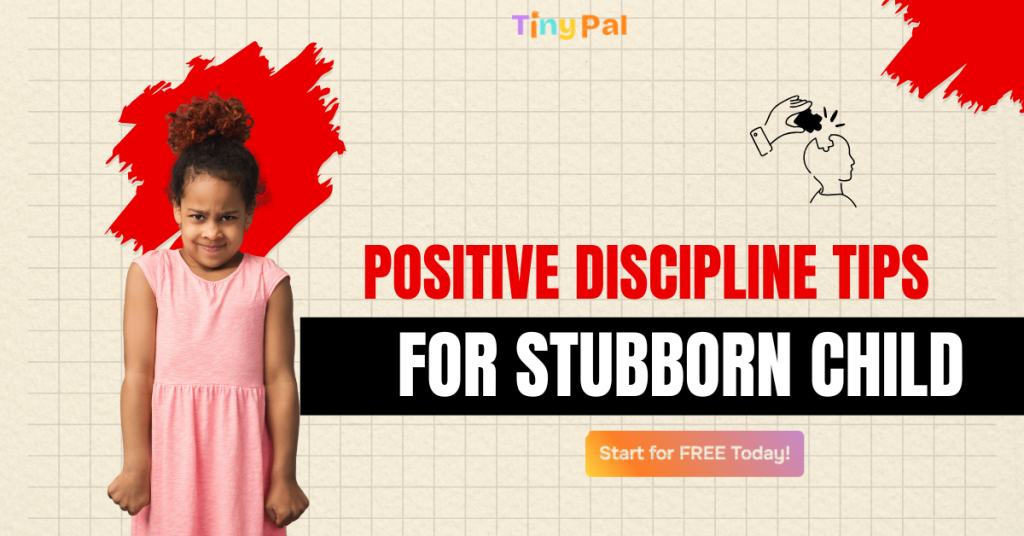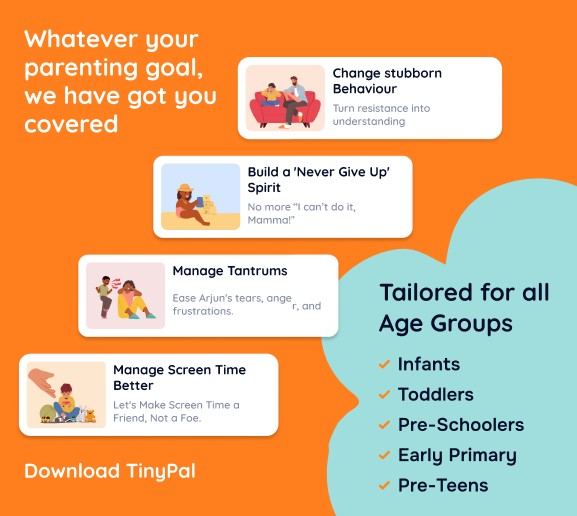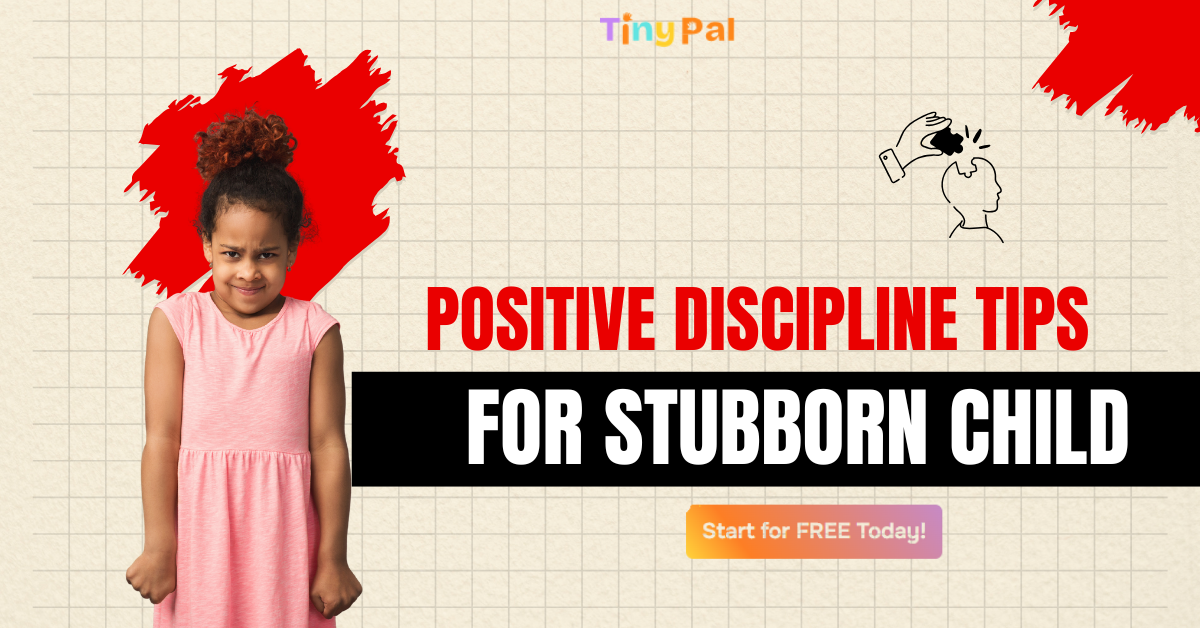Table of Contents
Positive Discipline for Stubborn Child (Expert Parenting Guide 2025)
Discipline Without the Drama: Parenting Strong-Willed Kids
“Discipline.”
For many parents, the word feels heavy. Some picture punishment, others worry it means being “too harsh.” And when you’re raising a stubborn child — one who argues every point, negotiates every rule, and tests every limit — discipline can feel like a never-ending battle.
But here’s the truth: discipline isn’t about control or winning arguments. With stubborn kids especially, it’s about guidance — shaping their strong will without breaking it.
That’s where positive discipline comes in. It helps parents set boundaries, earn respect, and foster cooperation — without yelling, threats, or constant power struggles.

What Is Positive Discipline?
Positive discipline is a parenting approach that focuses on teaching and guiding children instead of punishing them. Decades of child psychology research confirm:
- Punishment escalates resistance.
- Harshness fuels anger and defiance.
- But guidance + empathy builds cooperation and trust.
At its core, positive discipline for stubborn children means respecting their feelings, keeping your boundaries, and showing them that rules exist to protect, not control.
According to the American Academy of Pediatrics, discipline is most effective when it teaches skills, not when it causes fear.
The Principles of Positive Discipline for Stubborn Kids
- Respect feelings, keep boundaries – Empathy isn’t the same as giving in.
- Teach, don’t punish – Stubborn kids respond better to guidance than threats.
- Be consistent – Clear, steady rules make children feel secure.
- Aim for cooperation, not blind obedience – Discipline is teamwork, not dominance.
When parents practice these consistently, even the most strong-willed children begin to feel understood — and less resistant.
Positive Discipline in Action: Proven Strategies
Here are expert-backed techniques that work especially well with stubborn children:
1. Start with Empathy
Acknowledge feelings before correcting behavior.
- “I know it’s frustrating when you don’t get what you want.”
- “I understand you’re upset about homework.”
Kids resist less when they feel seen and heard.
2. Stay Calm and Firm
Your tone matters more than your words.
- “You can be angry, but you can’t be mean.”
Firm but steady boundaries show children emotions are valid, but limits still exist.
3. Use Natural Consequences
Show children that actions have outcomes, without threats or punishments.
- If toys are thrown, toys are put away.
- If homework isn’t done, playtime is shortened.
Natural consequences teach responsibility better than forced punishments.
4. Encourage Cooperation (Catch the Good)
Children repeat behaviors that get attention. Highlight the positive:
- “Thank you for picking up your toys without being asked.”
- “I love how you listened the first time.”
Doing this especially when they do ‘good’ things without prompts, motivates them to cooperate better.

The Long-Term Benefits of Positive Discipline
Positive discipline doesn’t “fix” stubbornness — it transforms it. With the right guidance, that strong will becomes:
- Confidence → making smart choices.
- Persistence → not giving up when life gets tough.
- Independence → balanced with respect for limits.
The very traits that make parenting hard today are the same ones that can help your child succeed tomorrow.
Why Stubborn Kids Need Positive Discipline (Not Punishment)
- Punishment often leads to more defiance.
- Yelling teaches fear, not respect.
- Harsh rules can break trust.
But positive discipline builds:
- Cooperation based on respect.
- Emotional regulation.
- Stronger parent-child bonds.
👉 That’s why stubborn kids don’t need stricter discipline — they need the right kind.
Personalized Support: Where TinyPal Helps
Every child’s stubborn streak looks different. What works for one family might not work for another. That’s why general advice isn’t enough — parents need personalized strategies that adapt as children grow.
That’s exactly what the TinyPal Parenting App provides.
Think of TinyPal as a co-parent in your pocket — helping you raise strong-willed kids with less stress and more confidence.

FAQs
Q1. Do stubborn kids really respond better to positive discipline than punishment?
Yes. Punishment often escalates resistance, while positive discipline builds trust and long-term cooperation.
Q2. When should I worry about my child’s stubbornness?
If it regularly turns into aggression, disrupts school or friendships, or causes daily meltdowns, consult a pediatrician or child psychologist.
Q3. What if my child ignores the rules?
Stay calm and consistent. Rules lose meaning if they shift or fade. Steady follow-through works better than threats.Q4. How do I know if I’m being too soft?
If rules are clear, consistent, and backed by natural consequences, you’re not being soft — you’re being effective.


1 thought on “Positive Discipline for Stubborn Child”